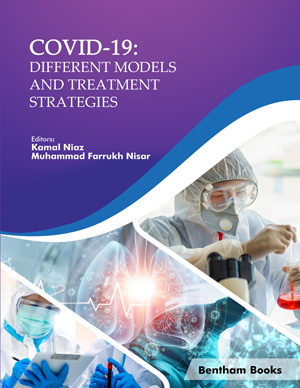Abstract
The modest success of the RV144 HIV vaccine trial in Thailand and the ensuing suggestion that a Fc-receptormediated antibody activity might have played a role in the protection observed have intensified investigations on Fcrelated immune responses. HIV neutralizing antibodies have been and continue to be the focal point of research into humoral immune protection. However, recent knowledge that their protective efficacy can be augmented by Fc-FcR interactions has increased the complexity of identifying immune correlates of protection. If anything, continued studies of both humoral and cellular immune mechanisms point to the lack of a single protective anti-HIV immune response. Here we focus on humoral immunity, analyzing the role played by Fc receptor-related responses and discussing how new knowledge of their interactions requires further investigation, but may also spur novel vaccination approaches. We initially address classical Fc-receptor mediated anti-viral mechanisms including antibody-dependent cellular cytotoxicity (ADCC), antibody-dependent cell mediated viral inhibition (ADCVI), and antibody-dependent cellular phagocytosis (ADCP), as well as the effector cells that mediate these functions. Next, we summarize key aspects of FcR-Fc interactions that are important for potential control of HIV/SIV such as FcR polymorphisms and post-transcriptional modifications. Finally we discuss less commonly studied non-mechanistic anti-HIV immune functions: antibody avidity and envelopespecific B cell memory. Overall, a spectrum of immune responses, reflecting the immune system’s redundancy, will likely be needed to prevent HIV infection and/or disease progression. Aside from elicitation of critical immune mechanisms, a successful vaccine will need to induce mature B cell responses and long-lasting immune memory.
Keywords: Antibody-dependent cell-mediated viral inhibition, antibody-dependent cellular cytotoxicity, antibody-dependent cellular phagocytosis, avidity, B cell memory, Fc glycosylation, FcR polymorphisms, transcytosis inhibition.






















